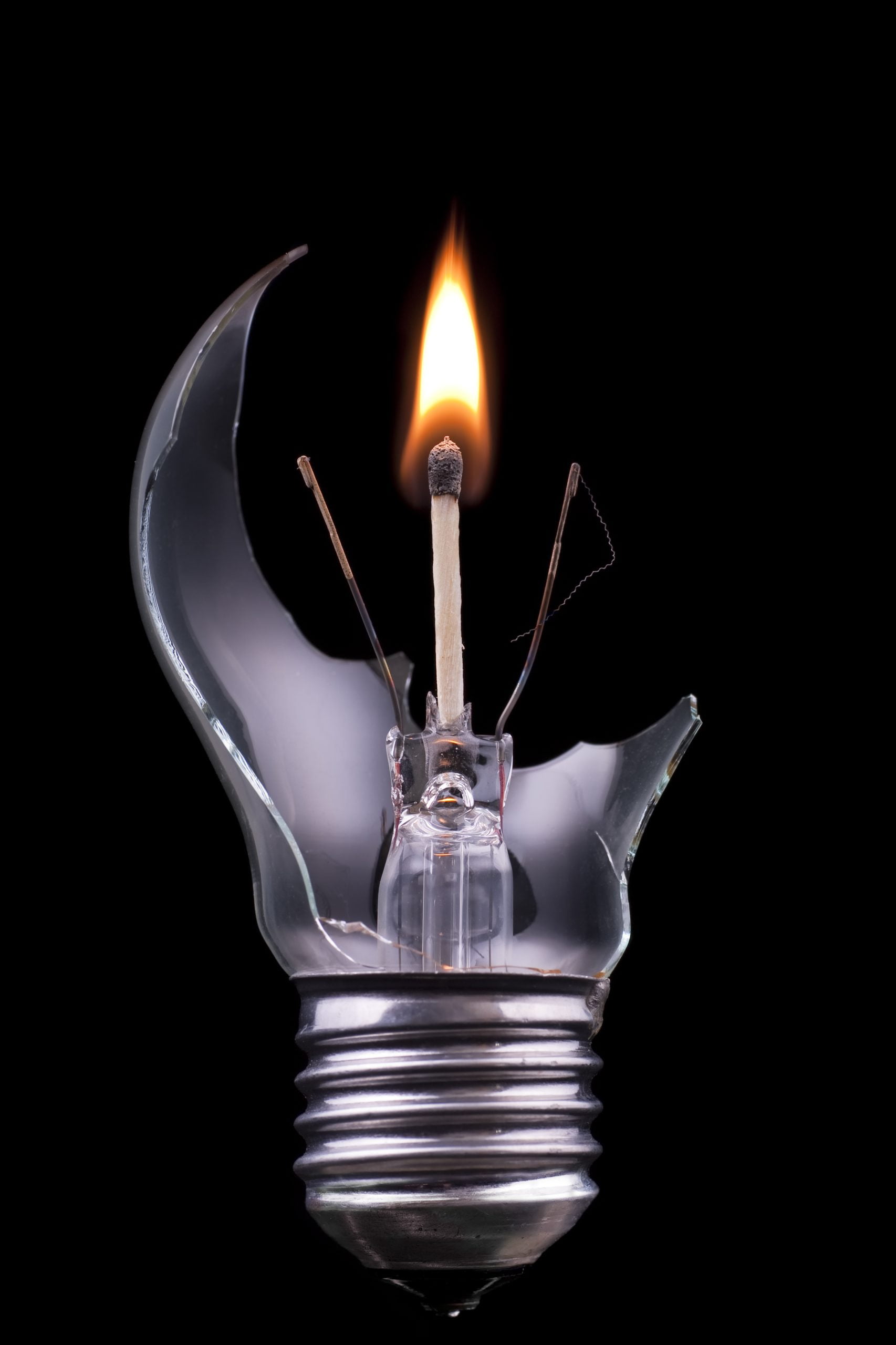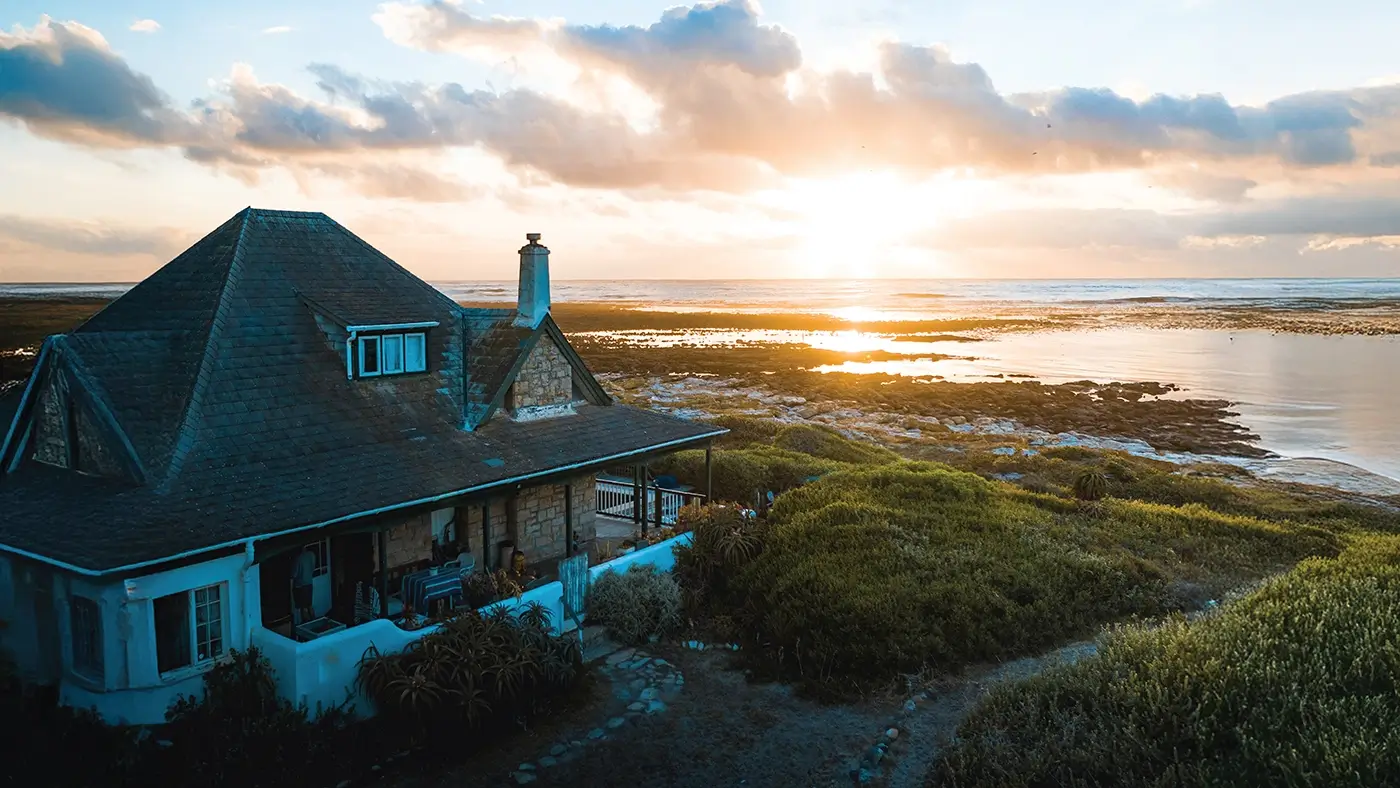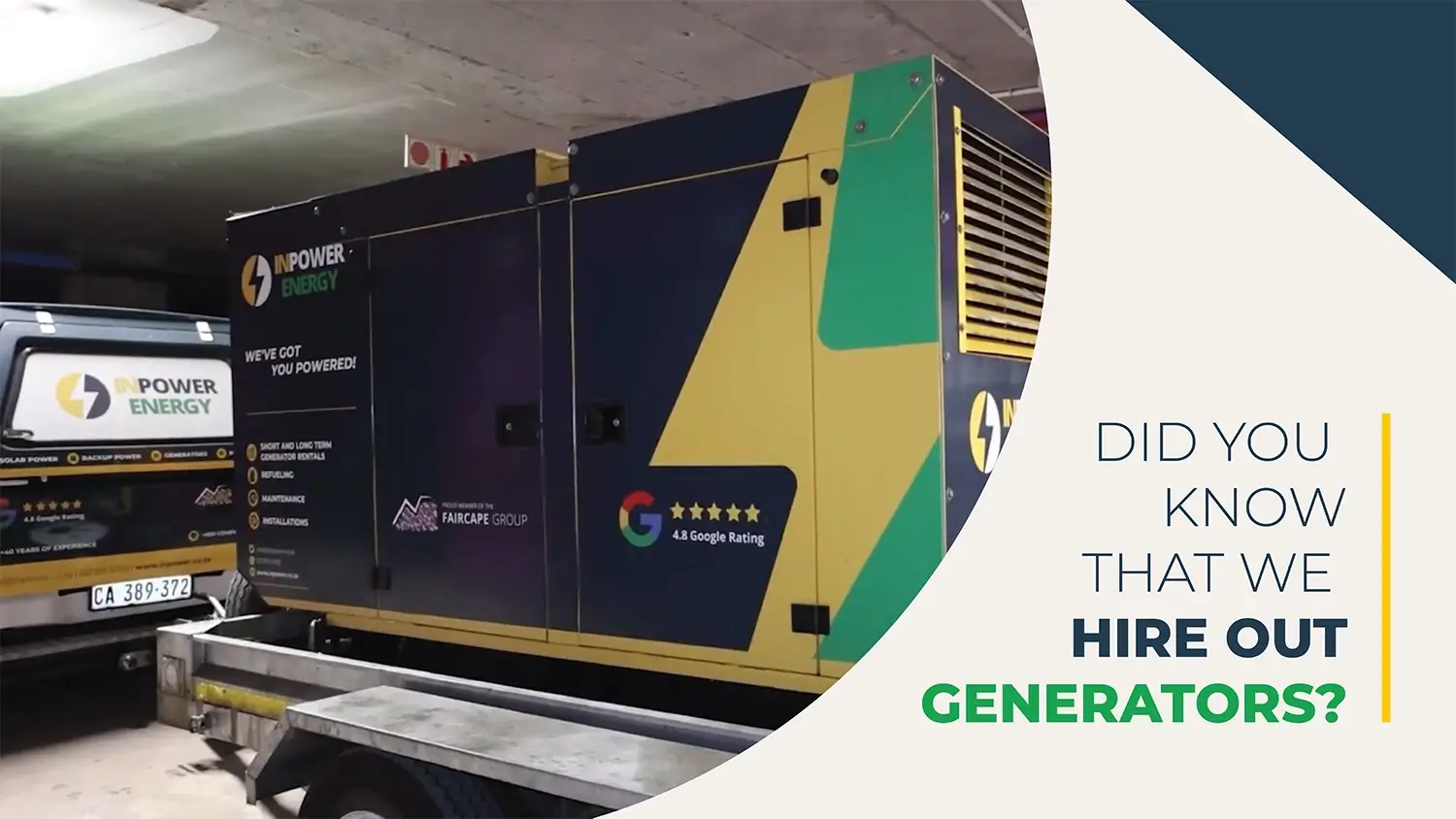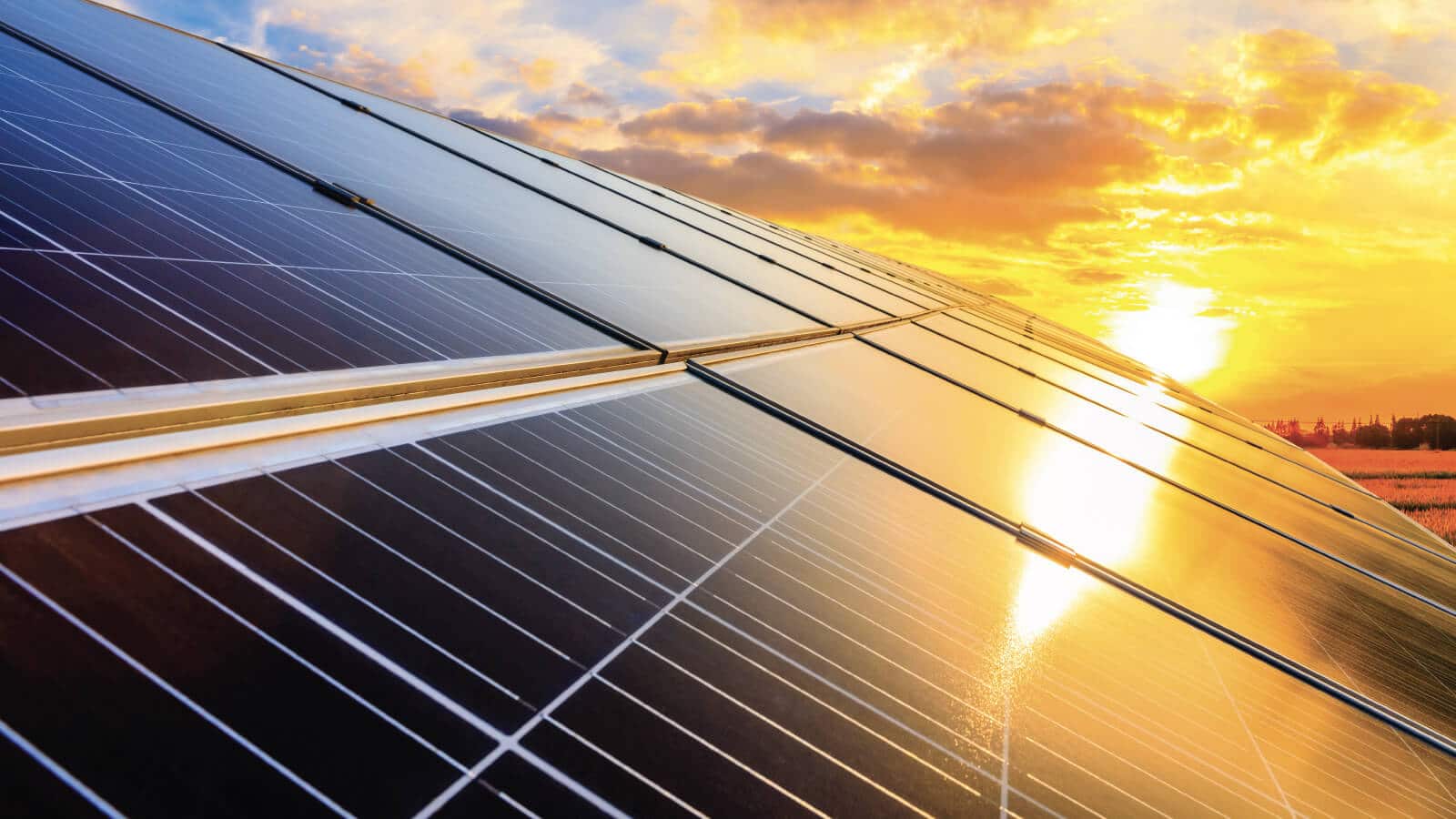The current state of Eskom is bad. South Africa’s big electric utility’s bad service, high prices and mismanagement has left many customers looking for another way to power their homes.
The state energy provider has been the subject of much criticism in the past couple of years which has led to the country undergoing extended periods of load shedding; planned power outages to help maintain the infrastructure struggling under the demand for energy.
Currently, Stage 4 load shedding means citizens are out of power for a total of 48 hours across the period of eight days. The major energy crisis began in 2014 with stage 3 load shedding being the worst, five years later, communities are experiencing stage 6.
In addition, the cost per kWh by Eskom has increased ahead of inflation since 2008. Our reliance on neighbouring SADC countries for energy supply is unrealistic and Eskom’s dependence on coal supply for energy production has resulted in environmental consequences.
All this dependency on other elements is backfiring and green energy is a better alternative. While many South Africans today sit in darkness, asking, ‘Should I get solar?’, InPower is able to provide a solution.
Reliable, sustainable energy Sold on Solar Understanding Solar The power plague Generators? Stop the drain Saving costs and making money Minimal maintenance The power of a solar powered property Beautiful benefits
Reliable, sustainable energy
Eskom’s unpredictable loadshedding schedule is a major inconvenience to everyday life, oftentimes we are given minute notice to a change of schedule, disrupting our entire day and mood. Our reliance on electricity is more than we realise and so we need a reliable, sustainable source of energy. A solar power system can be that reliable source of energy.
Sold on Solar
The answer to the question of ‘Should I get solar?’ is clear. Yes. The benefits of solar energy are well documented and climate change campaigners have been successful. With the advancements in solar energy technology, reducing the reliance on conventional energy is very possible. Being educated on the best solar options for your needs is the easiest way to understand how solar energy can be a benefit. By installing solar panels with a verified and accredited installer you are better able to take control of the energy used and at an affordable cost.
Understanding Solar
For sustainable hybrid energy, grid-tied, hybrid, and off-grid Solar PV systems all provide viable energy solutions. In deciding on an energy system that is best suited to your needs, it is best to weigh them up against each other. A traditional solar PV system or “grid-tied” system includes having solar panels installed on your property that gets connected to the electric grid. The benefits of this are reduced overall grid energy consumption, a reduced cost of electricity bill and a shorter payback period. A hybrid solar PV system, uses solar panels and a hybrid inverter with a battery backup connected to the electric grid. The hybrid inverter draws power from the grid and the battery backup, and is a massive advantage during loadshedding. Off-grid solar PV systems are not connected to Eskom and only use solar panels, a solar inverter, and a battery backup, in times of insufficient sunlight. This setup will provide you with 100% of your own electricity, and answer the question ‘Should I get solar?’
The power plague
The continued rise in electricity costs has become beyond the control of many. Failing infrastructure at substations is the root cause as well as a continued strain on the energy supply. Illegal electricity connections in informal settlements and the tampering of prepaid metres has resulted in the rest of the electric grid taking strain and eventually footing the cost for all the failures. Without warning, the percentage price per kWh has increased and in major metropoles, this increase is above the average. Adopting solar as part of your energy supply or instead of your current energy supply will exempt you from the struggles of South Africa’s main energy supplier.
Generators?
In the last decade, it is estimated that South Africa’s electricity tariffs have increased by 300%, and renewable energy has become more affordable. In contrast, the cost of solar has dropped by 90% since 2000. With the onset of Eskom’s energy supply crisis, the sales of generators soared, hoping it would provide sufficient respite from the inconvenience. However, as a long term solution, generators prove to not be sustainable and are high maintenance, they also add to the environmental issue that the world is currently grappling with. A sustainable, reliable solar power system is able to supply power throughout the day and is expensive depending on the property’s specific needs.

Stop the drain
Understanding your needs for solar energy is crucial when deciding whether to become more energy independent. The logical immediate need would be to not rely on a failing energy supplier, and in doing so saving money on electricity; installing solar panels will offer the best solution. The cost efficiencies associated with energy supply from solar panels will stop the financial drain currently being experienced and the strain on other resources in the home. Solar energy reduces energy costs for many homes by hundreds or even thousands of Rands annually, which is just one of the many reasons that South Africans switch to solar and save themselves from asking, ‘Should I get solar?’
Saving costs and making money
Saving costs starts immediately after installing your solar power unit, however, paying back the cost of the system installation is a concern. The South African government and municipalities continue to work on a growing number of ways to share costs and reduce payback periods. Numerous solar energy systems produce excess power, and currently, the vast majority of this power is lost and wasted. Because of this many municipalities have permitted excess power to be fed back into the grid. Deciding if installing a more expensive system and then reaping the rewards later from the local municipality may require a pro’s and con’s list.
Minimal maintenance
One of the least known aspects of solar technology is that the solutions require almost no upkeep. Solar panels, on average, have a lifespan of 20 to 25 years, which, when the payback period is considered, means you have free electricity for 15 to 20 years. A solar power system installation is a long-term investment, so it’s important to remember that cheaper is not always better. Finding a reliable installer and not cutting corners will lead to a saving on already low maintenance costs.

The power of a solar powered property
Solar energy has taken its time to gain traction in South Africa, but one thing is clear among properties that have installed even partial solar energy solutions; having an element of a solar energy system can increase the value of your property. The long-term value of solar in difficult economic times makes, answers the question of ‘Should I get solar?’ and any solar powered property more desirable and increases the value of your property significantly. Solar power is flexible and scalable and making sure you follow the correct channels and processes will ensure substantial reward all round.
Decide on the Best Solar energy System
Ironically, South Africa’s failing electricity utility has paved the way for South Africa’s renewable energy sources. Research has been conducted and determined that the country’s ideal location is best suited to solar power, producing some of the highest irradiation in the world. A good renewable and sustainable energy source will reduce the reliance on Eskom’s energy supply, lower cost and improve the carbon footprint. Saying goodbye to Eskom’s unreliable power supply requires a pro’s and con’s list:Pro’s – more cost saving; less rolling blackoutsCon’s – ZERO! The lower cost of solar panels and the evolution of battery technology have made renewable energy options more affordable; low maintenance cost and practicality, topping the list. Any solar-powered system that is installed will reduce electricity use at varying rates and, in this way, pay for itself over time. And answer the constant ‘Should I get solar?’ question.Solar Power SolutionsContact and InPower Specialist





